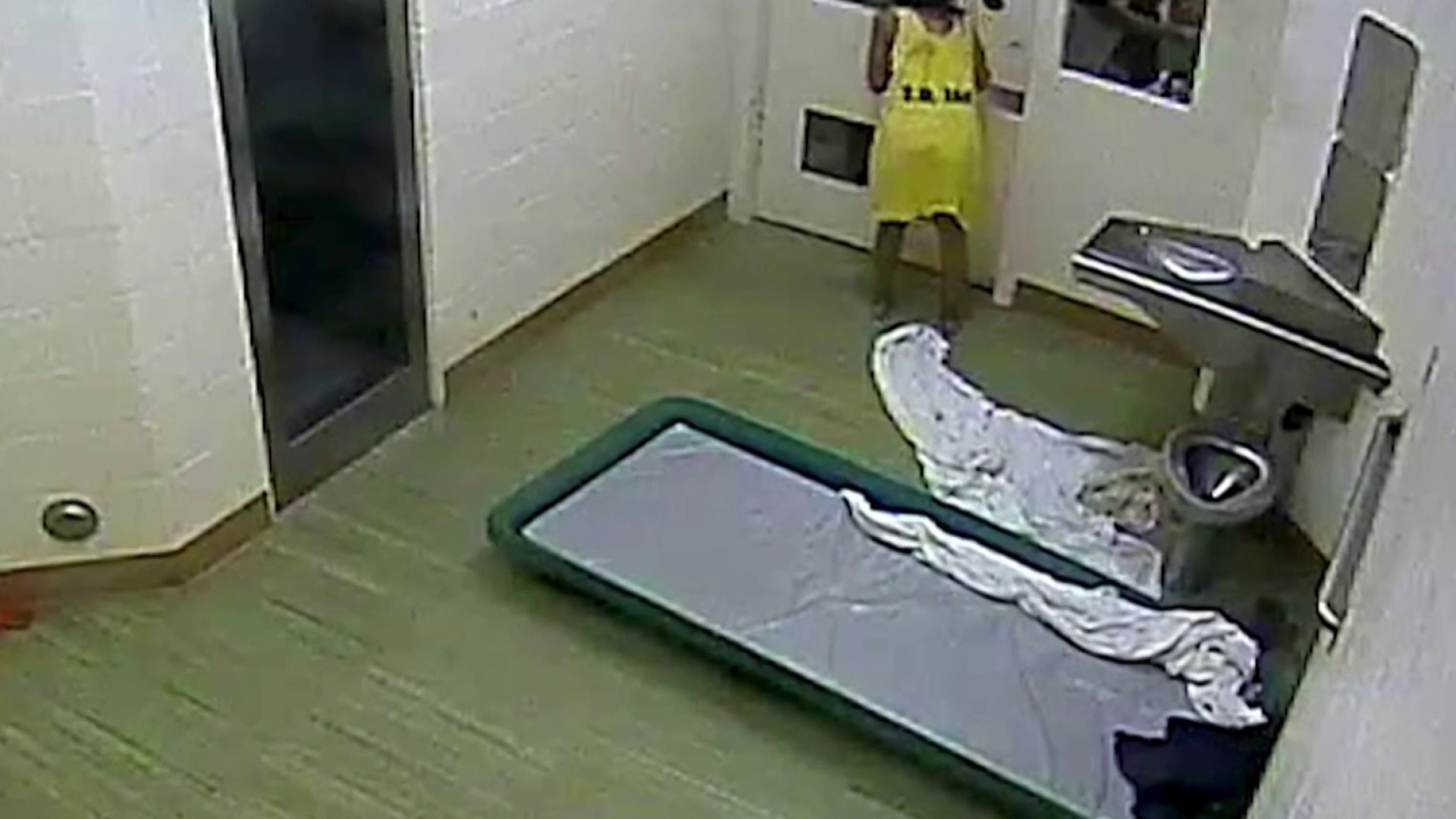Millions of people are using wearable technology to track fitness goals, and more and more of those devices are being used to track overall health.
That's a concern for one UC San Diego researcher who's raising the alarm about some wearable device technology in the pipeline for FDA for approval.
Dr. Peter Colvonen Ph.D. is a sleep and PTSD researcher at UC San Diego. He tells NBC 7 his studies back up what the handful of small studies show: that the technology in some wearable devices can be inaccurate for people with darker skin.
“The green light technology does not always work for individuals with dark skin tones," Dr. Colvonen.
The green light technology Dr. Colvonen is referring to is in most consumer-level wearable devices. It uses optical sensors that measure heart rate through a process called photoplethysmography (PPG). The green light is shined onto the skin, recording the light variation in the intensity transmitted through the tissue. It then converts that into a heart rate.
"The problem is that green light gets absorbed differently depending on the color of your skin," Dr. Colvonen said. “That’s concerning to me and we’re just raising the alarm to try to fix this."
Dr. Colvonen believes the devices can also be inaccurate for people with arm tattoos, dark hair on the arm, and even thick skin.
Local
Fitness expert and physical education teacher Nasara Gargonnu said he uses wearable devices and didn't know about the issue.
“They need to be accurate,” he said. “We need to know if the heart rate is correct is very important.”
If the FDA approves inaccurate technology, Dr. Colvonen worries medical-grade data will not be accurate for everyone.
"The biggest concern is now you are locking in the algorithms that are increasing the disparity for Black Americans," he explained.
Colvonen is involved with lab research with a company that is developing wearable technology. Many companies are aware of the problem and are moving to more advanced technologies, Colvonen said.
Before the FDA approves any technology for medical use, Dr. Colvonen thinks the administration should conduct its own large validation study to determine how wearables work on all skin tones.
“You can’t use the same data and techniques that you were using at the consumer level if you want to enter the medical-grade FDA level," he said.
Gargonnu argues that people invest their money in these products and deserve a device that they can trust. Like Dr. Colvonen, he'd also like to see more testing, "To make sure dark skin people are being represented properly to make sure that everything’s accurate across the board.”



